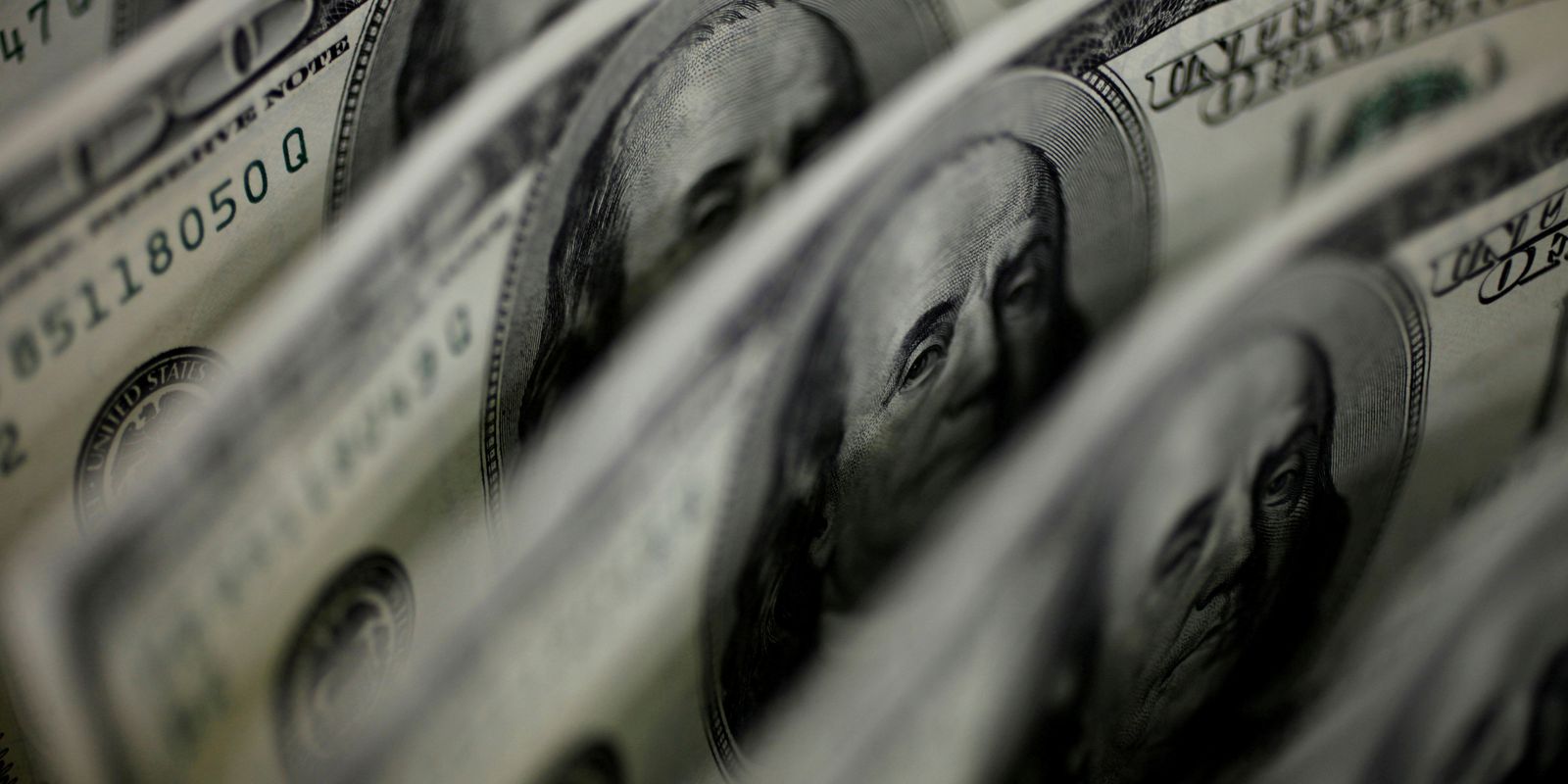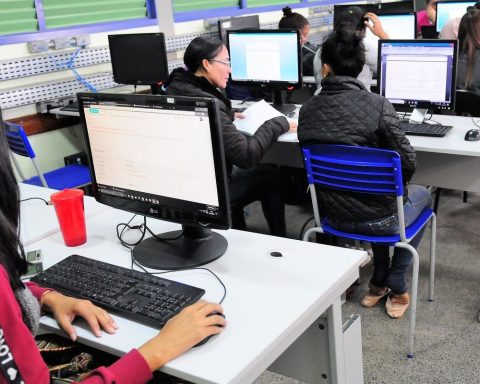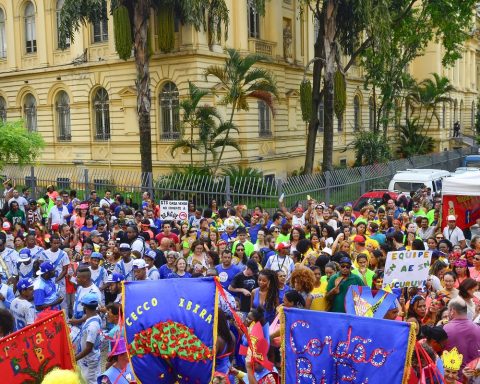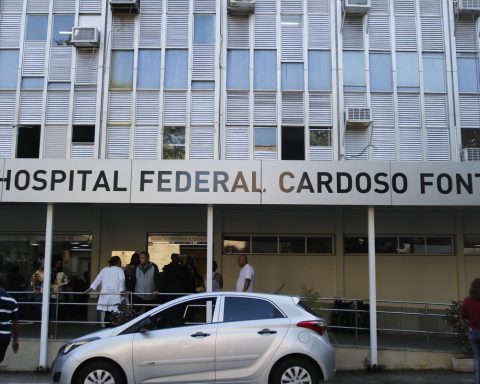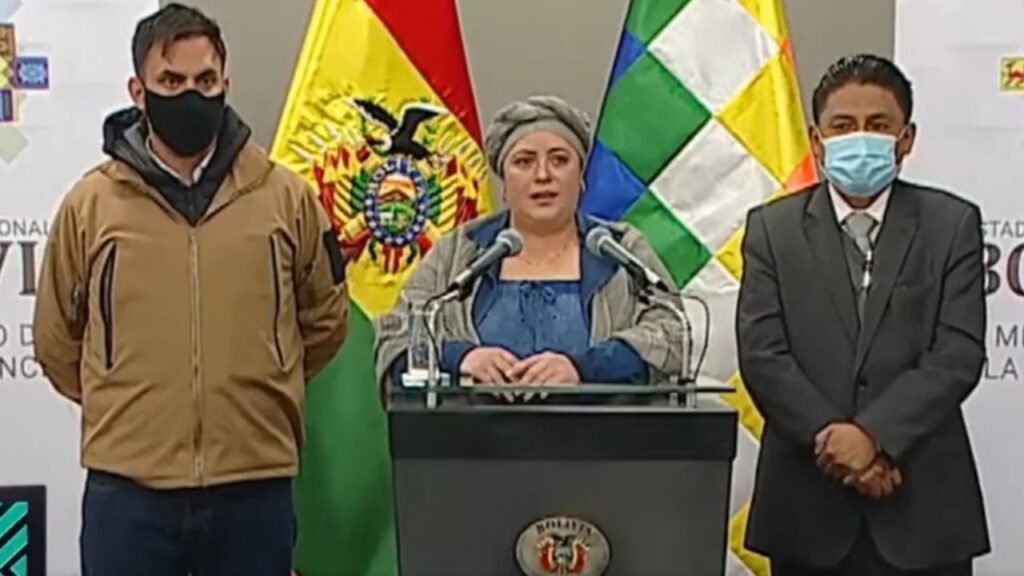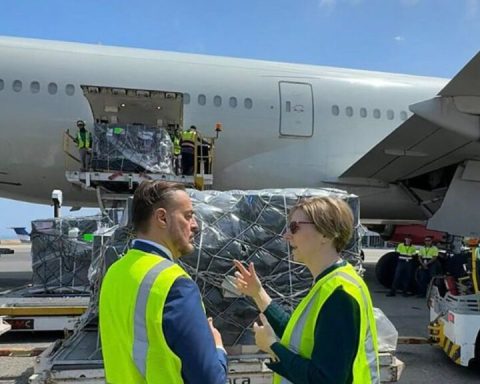In January, the trade balance registered a deficit of US$ 176 million, pressured by international energy costs. This is the third year in a row that imports have exceeded exports in the first month of the year, traditionally marked by trade deficits.
Despite the negative result, the trade deficit dropped 20% compared to January 2021, when the country had imported R$220 million more than it had exported. The last time the country registered a trade surplus in January was in 2018, with a positive result of US$ 1.656 billion.
The balance was negative, despite the fact that foreign sales had hit a record for the month, since the beginning of the historical series, in 1989. Last month, exports totaled US$ 19.673 billion, up 25.3% in relation to January 2021 by the criterion of the daily average. The previous record had been set in January 2018 (US$16.769 billion).
Imports totaled US$ 19.849 billion, growth of 24.6% compared to the same month last year, also according to the daily average. The value was the third highest recorded for the month of January since 1989, losing only to January 2014 (US$ 20.238 billion) and 2013 (US$ 20.157 billion).
sectors
In January, agriculture and the manufacturing industry registered growth in sales abroad. The value of agricultural exports rose 97.5% in January compared to the same month last year. The main factor was the recovery of the soybean crop, which made exports jump 5,007% in the period.
In late 2020 and early 2021, Brazil faced a crisis in the soybean crop, which led the country to import the grain for a few months to meet demand. Other products that were in crisis last year also started 2022 with a recovery in exports, such as unground corn (43% compared to January 2021) and unroasted coffee (34.5%).
Over the past year, drought and frost have caused several crop failures. In January, the volume of exported agricultural goods increased 60.1%, while the average price rose 28.6%.
Sales of the manufacturing industry rose 36.1% in January compared to the same month in 2020. The highlights were fuel (120.7%), vegetable fats and oils (1,106.2%) and semi-finished iron or steel products (179.7%).
Damaged by the fall in the international price of some ores, exports from the extractive industry fell by 18.6% in relation to January last year. Contributing to the fall were iron ores (36.8%) and copper (68.8%).
On the import side, agricultural purchases from abroad fell 15.7% in January compared to January last year. Due to the rise in international oil prices, the extractive industry recorded a 325.8% increase in purchases from abroad. Imports from the manufacturing industry rose 14.9%. The main highlights were natural gas (501%), crude oil (420.1%) and mineral coal (335.5%).
I estimated
For 2022, the government forecasts a surplus of US$ 79.4 billion, a value similar to that of this year. The estimate already considers the new methodology for calculating the trade balance. Projections are more optimistic than those of the financial market. The Boletim Focus, a survey of market analysts released every week by the Central Bank, projects a surplus of US$ 57.2 billion this year.
In April last year, the Ministry of Economy changed the calculation of the trade balance. Among the main changes are the exclusion of fictitious exports and imports of oil platforms. In these operations, oil platforms that never left the country were accounted for as exports, when registered with Petrobras subsidiaries abroad, and as imports, when registered in Brazil.
Other changes were the inclusion, in imports, of electricity produced by the Itaipu plant and purchased from Paraguay, totaling US$ 1.5 billion per year, and purchases made by the Recof program, which grants tax exemption to imports used for production of goods to be exported. The entire historical series from 1989 onwards was revised using the new methodology.
